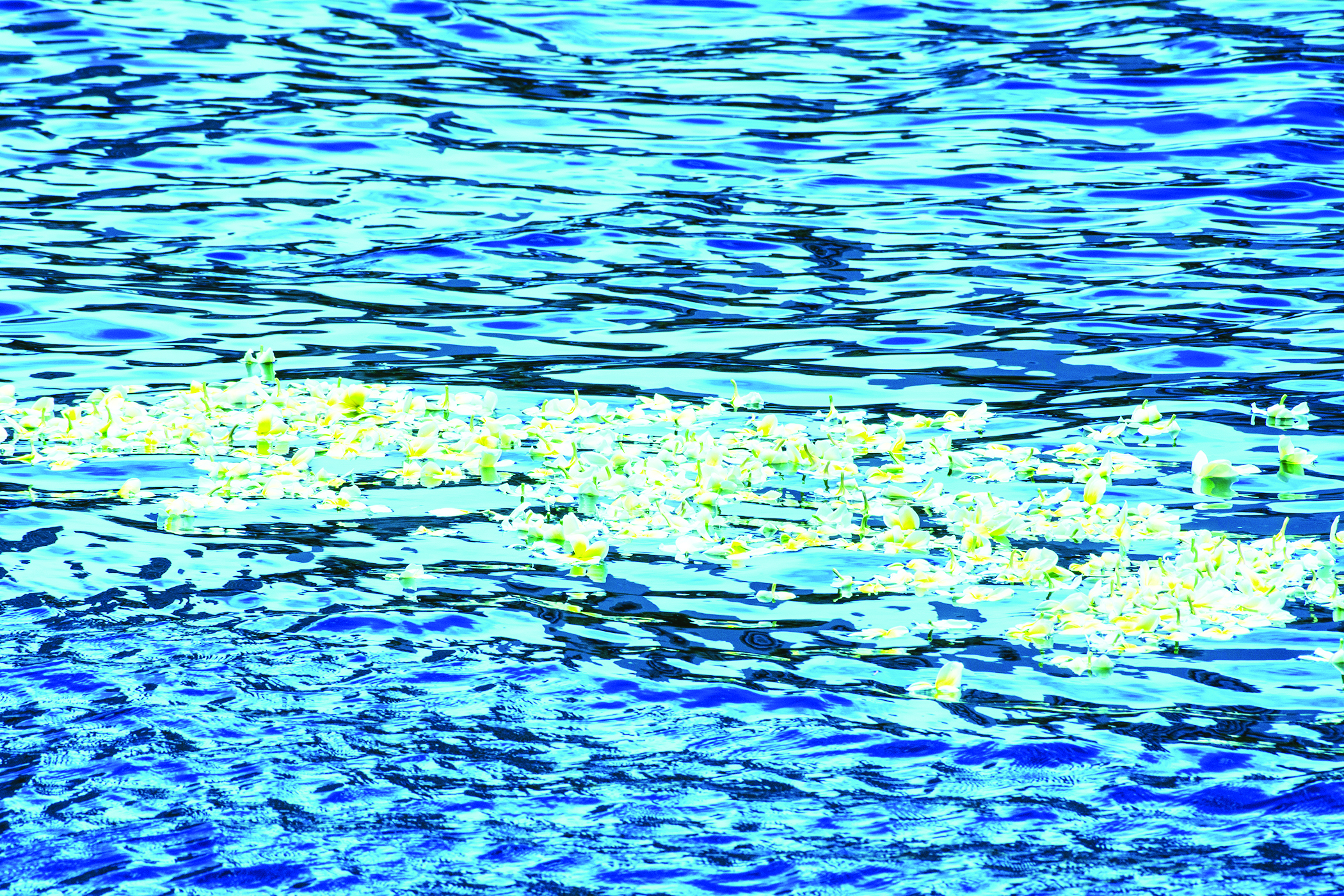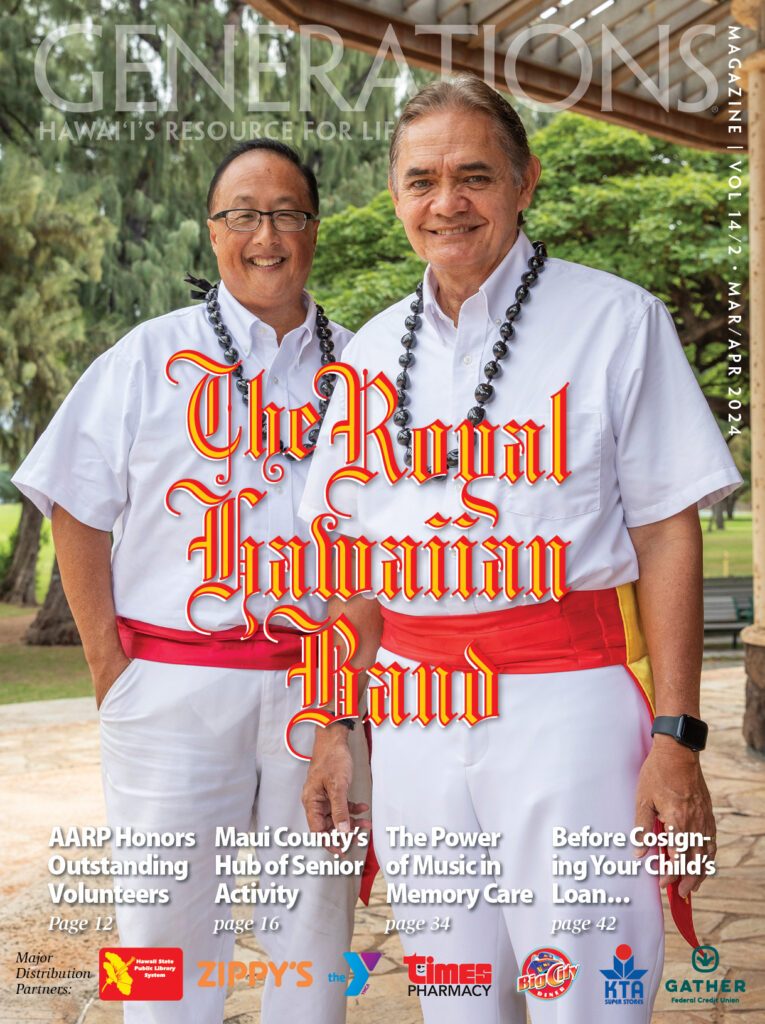 Disney theme parks receive millions of visitors each year. Many park-goers repeat their visits annually, if not more often. Most of the time, their visits are routine (or as routine as they can be in a magical place). From time to time, however, guests do the unexpected. Disney cast members have a code language they use when referring to unusual events. The purpose of the code is to avoid alarming other guests. For example, if someone vomits on property, Disney staff refer to it as a “protein spill.” A particularly rude or difficult visitor is referred to as a “treasured guest.” The phrase, “Have a magical day,” even when uttered with a Disney smile, can mean the opposite when a guest has been especially troublesome.
Disney theme parks receive millions of visitors each year. Many park-goers repeat their visits annually, if not more often. Most of the time, their visits are routine (or as routine as they can be in a magical place). From time to time, however, guests do the unexpected. Disney cast members have a code language they use when referring to unusual events. The purpose of the code is to avoid alarming other guests. For example, if someone vomits on property, Disney staff refer to it as a “protein spill.” A particularly rude or difficult visitor is referred to as a “treasured guest.” The phrase, “Have a magical day,” even when uttered with a Disney smile, can mean the opposite when a guest has been especially troublesome.
One Disney code phrase is particularly interesting. A “white powder event” might sound like a staff member has discovered illegal drugs on property or there was a potentially dangerous chemical spill from which guests must be shielded. However, the phrase is used when someone attempts to spread the ashes of a deceased loved one on park premises. Many people ask to have their ashes spread at places that hold treasured memories for them, and Disney theme parks are not the exclusive venue for these requests.
More often than you realize, human ashes are scattered covertly at sports stadiums, concert halls and golf courses. Of course, these activities are inappropriate, and they are generally unlawful.
Disposing of your cremated remains on your own private property is generally not a problem, at least within the United States. Each state has its own laws when it comes to the practice, and federal laws and regulations apply when remains are scattered within the ambit of federal jurisdiction. Not surprisingly (as every Disney cast member knows), many people proceed without checking the applicable rules. While a “white powder event” may go unnoticed, it is important to realize it can be the subject of criminal prosecution.
In Hawai‘i and other states blessed with beautiful coastal areas, it is common for ashes to be scattered at sea. While this is a beautiful gesture, it may violate the federal Clean Water Act, which requires cremated remains be scattered at least three nautical miles from land in water that is at least 800 feet deep. This means no scattering at beaches or wading pools. On top of this, the EPA requires 30 days advance notice of a scattering at sea. If you have lived in Hawai‘i for any length of time, you know that these rules are rarely observed or enforced. However, this does not give anyone license to flout the law.
If you would like your ashes to be spread somewhere special after you pass away, get advice from your attorney as you complete your estate plan. That way, you can tailor your request to ensure that none of your loved ones will end up in jail for carrying out your wishes.
SCOTT MAKUAKANE, Counselor at Law
Focusing exclusively on estate planning and trust law.
est8planning.com
O‘ahu: 808-587-8227 | maku@est8planning.com

